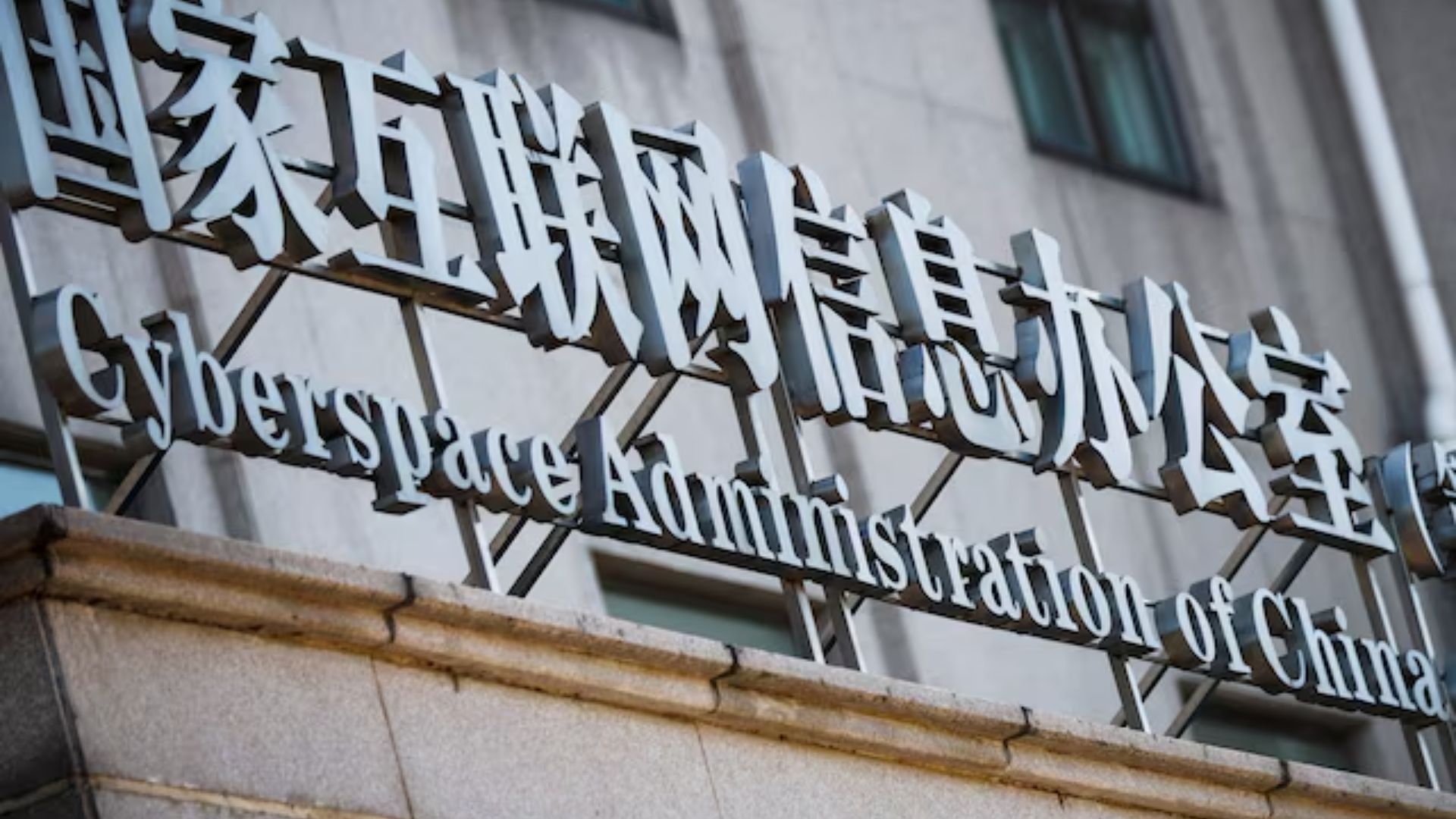SHANGHAI, (Reuters) – Shanghai has compiled a list of data that can be transferred overseas without security assessments, according to a government document seen by Reuters, a much anticipated move as China tries to lure foreign investment to boost a sluggish economy.
Foreign firms including financials and automakers such as Elon Musk’s Tesla have been lobbying the Chinese authorities to allow cross-border sharing of information after Beijing tightened control of data generated domestically in a national security drive.
The 2022 rules require all “important” offshore transfer of data related to operations within the country to clear security reviews by the Cyberspace Administration of China. This has caused indefinite delays in data transfers, confusion and concern among foreign firms.
The government of Shanghai, China’s market and business capital, has compiled a first batch of “ordinary data” in three sectors – intelligent and connected vehicles, mutual funds and biomedicine. These require the least regulation for data transfers, the government document says.
Under a one-year pilot project, companies registered in the city’s free-trade Lingang Area, where Tesla’s Shanghai factory is located, may transfer data on the list overseas without needing further security assessments, according to the document,which was shared with companies attending an event announcing the white list in Shanghai.
The document details broader plans for Lingang to become a hub for cross-border data, as well as specific scenarios for each of the three sectors that would be classified as “ordinary data”.
Details first reported by Reuters based on the document were later confirmed by Lingang authorities, which announced the scheme on its website late Friday afternoon.
According to the Lingang website, the newly announced data transfer rules take effect immediately.
For the auto sector, the data includes information involving manufacturing such as procurement and stockpile, research and development including auto design and tests, after-sales services and used car sales.
The Shanghai government’s event on Friday about the new scheme with foreign companies included Tesla, Ford and BMW, said a person with direct knowledge of the matter.
The city government and the three companies did not immediately reply to Reuters requests for comments.
MORE CLARITY
Shanghai’s pilot project follows company demands for more clarity around cross-border data transfers. Data transfer permission was a topic when Musk met last month with top Chinese government officials.
Until recently, Tesla has focussed on efforts to secure Chinese regulatory approval to transfer data generated by its electric vehicles out of China for its “Full Self Driving” system.
Reuters reported on Friday that Tesla is pushing ahead with plans to power the global development of the self-driving system with data from China that could be processed within the country, part of a strategic shift by Elon Musk.
Volkswagen’s China chief told Premier Li Qiang last year that it needed more clarity on cross-border data transfers, saying the transformation of the auto sector is dependent on the international exchange of data, personnel and knowledge.
The Shanghai government’s list of “ordinary data” will be expanded over time, the document says.
Reuters reported in February that Shanghai planned allow faster cross-border data transfer.
Beyond Shanghai, the cyberspace agency said in September it was considering waiving data-export security assessments for some activities, such as international trade.
Reporting by Zhang Yan and Casey Hall in Shanghai and Sarah Wu in Beijing; Editing by Miyoung Kim and William Mallard











